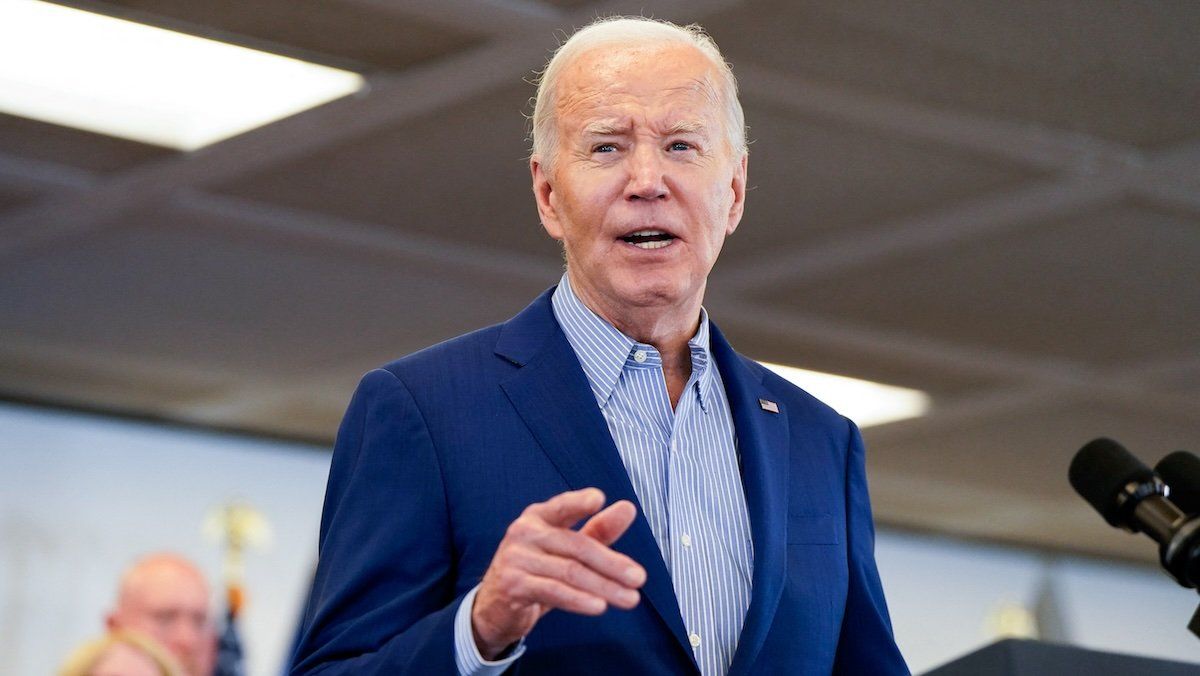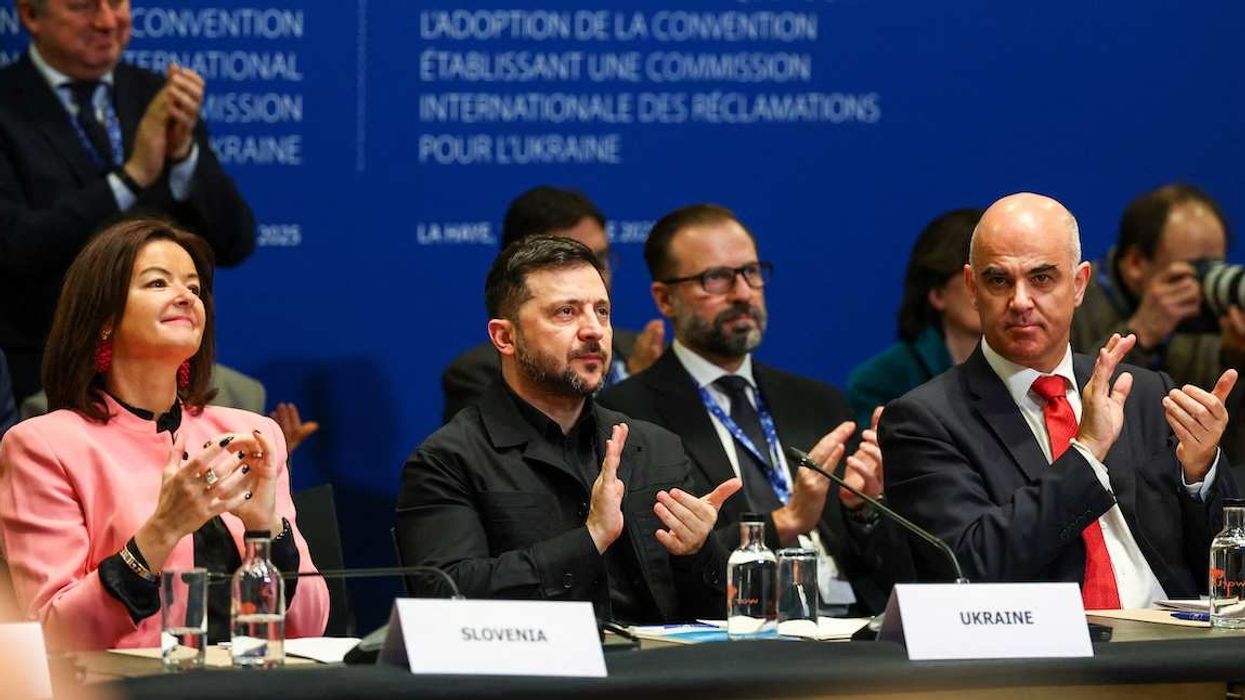President Joe Biden used a meeting in Pennsylvania with United Steel Workers on Wednesday to call for a tripling of steel tariffs on China. Trade representative Katherine Tai, in response to a petition from the union, also announced an investigation of unfair trade practices in China’s shipbuilding industry.
Administration officials insist these moves are about economics, not election-year politics, but there are clearly messages to be drawn here. Aware that his reelection depends on victory in Pennsylvania and other union-heavy Midwest swing states, we can expect Biden to continue to lean into his “friend of the working man” image. As political commentator Paul Begala has noted, Democrats have lost votes in recent years by shifting “from being the party of the factory floor to the party of the faculty lounge.” Biden appears determined to avoid that trap. It also demonstrates that China will remain a go-to election-year political target.
Democrats are also on offense in a crucial Sun Belt swing state. In Arizona, they worked to force a vote this week on repealing a hyper-controversial law that bans nearly all abortions, a question that highlights deep divisions on this issue within the state’s Republican Party. The aim was to push state GOP lawmakers to take public positions on an issue many of them would rather ignore. On Wednesday, Republicans opted to prevent the vote from happening, leaving the party with political responsibility for defending the 160-year old law.



















